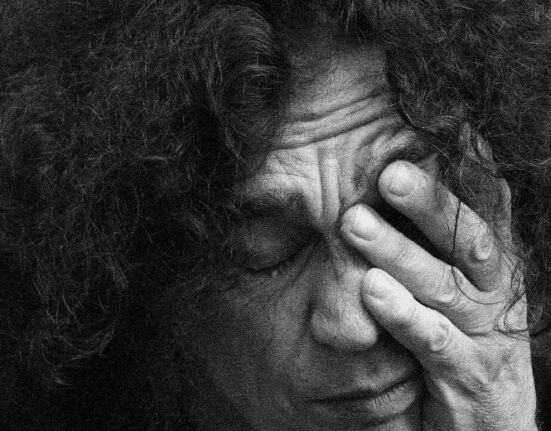HQ Team
February 1, 2024: Cardio exercise can play a role in lowering the incidence of prostate cancer, according to new research.
The research, spanning three years, revealed a 35% lower likelihood of acquiring prostate cancer for men who experienced a 3% or more increase in their cardiorespiratory fitness. This risk reduction was seen regardless of the men’s initial fitness levels.
The research, carried out by the Swedish School of Sport and Health Sciences evaluated data from over 57,000 Swedish males since 1982. The assessment involved stationary bike riding and measurements of oxygen volume post-exertion, where a higher volume indicated better fitness.
Co-author Kate Bolam in a statement emphasised the importance of activities elevating heart rates for improved cardiorespiratory fitness. Vigorous exercises like jogging, hiking, swimming, or even line dancing are recommended for potential health benefits.
Lifestyle modifications, such as adopting regular vigorous activities, could potentially reduce prostate cancer risk, affecting 113 out of 100,000 males in the United States.
The study supports earlier findings linking exercise to reduced prostate cancer risk. Experts said further data could boost this assertion while acknowledging the potential impact of physical exercise on risk reduction.
Prostate cancer risk awareness
The study adds valuable insights to the role of fitness in reducing men’s risk of prostate cancer.
It’s crucial to note that all men face prostate cancer risk, particularly with advancing age. Among 100 American males, 13 may acquire prostate cancer, with 2-3 facing fatal outcomes. Individuals with a family history of prostate cancer, especially among African Americans, are at increased risk.
Recognizing symptoms of prostate cancer
Prostate cancer often presents with no symptoms, making awareness vital. The US Centers for Disease Control and Prevention urges men to be vigilant for signs such as difficulties initiating urination, weak or interrupted urine flow, frequent urination (especially at night), problems emptying the bladder, discomfort during urination, blood in urine or semen, and back, hip, or pelvic pain. Immediate medical attention is advised for those experiencing these symptoms.







